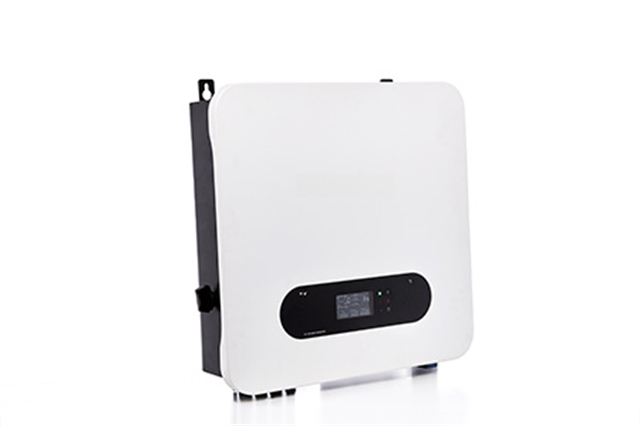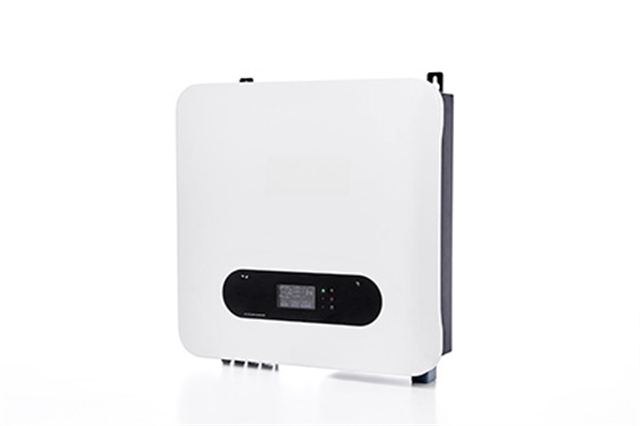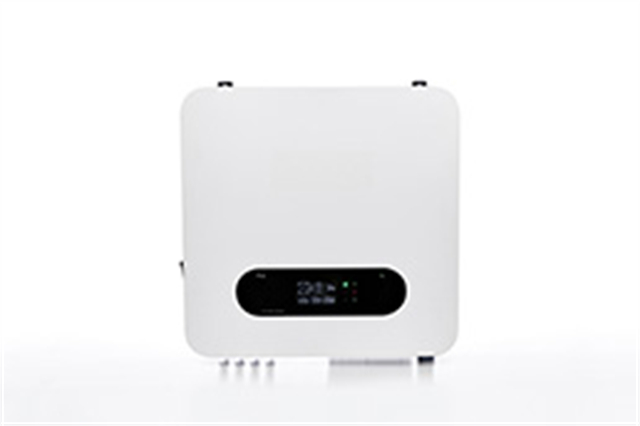Author:BLD Solar Energy SystemFROM:Solar System Converter Manufacturer TIME:2023-09-25
Choosing the Right Deye On Grid Inverter

In the world of renewable energy, solar power is gaining significant popularity as a clean and sustainable source of electricity. To harness the full potential of solar energy, an essential component in any solar power system is the on-grid inverter. However, with a wide range of options available in the market, selecting the right Deye on-grid inverter can be a daunting task for homeowners and businesses alike. This article aims to provide a comprehensive guide to help you make an informed decision when choosing the right Deye on-grid inverter.

Before delving into the factors to consider when choosing an on-grid inverter, it's crucial to understand their role in a solar power system. On-grid inverters are responsible for converting the direct current (DC) produced by solar panels into alternating current (AC) that can be used to power appliances and fed back into the electrical grid. They are designed to synchronize with the utility grid to enable seamless power flow and maximize the efficiency of solar energy utilization.

One of the primary considerations when choosing a Deye on-grid inverter is the system size and power output requirements. The inverter should be capable of handling the maximum power output of your solar panels. Ensure that the inverter's capacity matches the needs of your specific installation to optimize energy production and prevent any potential issues such as overloading or underperformance.
The efficiency of an on-grid inverter directly impacts the overall performance of your solar power system. Look for inverters that have high conversion efficiency, preferably above 95%, to minimize energy losses during the conversion process. Additionally, consider the inverter's temperature and voltage range ratings to ensure it can withstand the operating conditions of your location.
The ability to monitor and track the performance of your solar power system is crucial for optimizing its efficiency and identifying any potential issues. Look for Deye on-grid inverters that offer comprehensive monitoring and data logging capabilities. This allows you to analyze real-time data, such as energy production, consumption, and system status, remotely from anywhere, empowering you to make informed decisions regarding your energy usage.
Investing in a reliable and durable on-grid inverter is essential to ensure the long-term success of your solar power system. Consider the build quality, materials used, and certifications obtained by the manufacturer. Look for inverters with robust protection features, such as IP65 weather resistance and surge protection, to withstand harsh environmental conditions. Additionally, check for a warranty period of at least 5 to 10 years to safeguard your investment.
It's crucial to ensure that the chosen Deye on-grid inverter is compatible and seamlessly integrates with your existing solar power system components. Check for compatibility with the type of solar panels being used, communication protocols such as Wi-Fi or Ethernet, and compatibility with other devices, such as battery storage systems, if you plan to expand your system in the future.
Safety should be a top priority when selecting an on-grid inverter. Look for inverters that offer advanced safety features such as ground fault protection, anti-islanding protection, and arc fault detection. These features are crucial for preventing electrical hazards and ensuring the safety of both your solar power system and the grid.
While cost is an important factor, it should not be the sole determinant in choosing an on-grid inverter. Consider the long-term return on investment by evaluating the inverter's efficiency, durability, and warranty in relation to its price. A slightly higher upfront cost for a high-quality inverter can result in greater energy savings and overall system performance in the long run.
Choosing the right Deye on-grid inverter is paramount in ensuring the maximum performance and efficiency of your solar power system. Consider factors such as system size, efficiency, monitoring capabilities, durability, compatibility, safety features, and return on investment when making your decision. By carefully evaluating these aspects, you can select an inverter that aligns with your specific needs and enjoy the benefits of renewable and sustainable solar energy for years to come.
